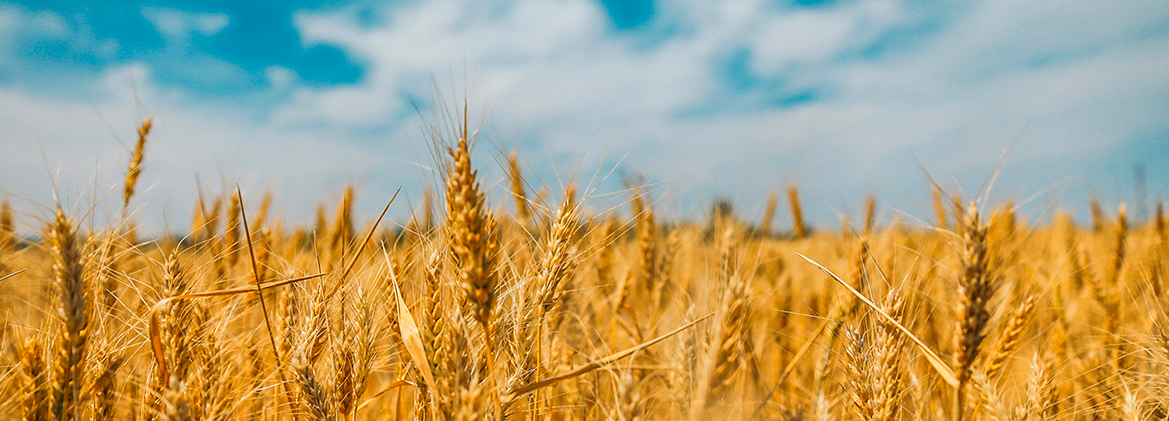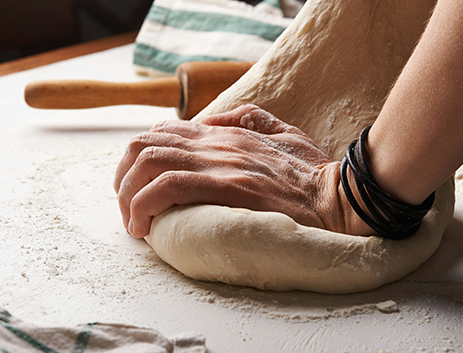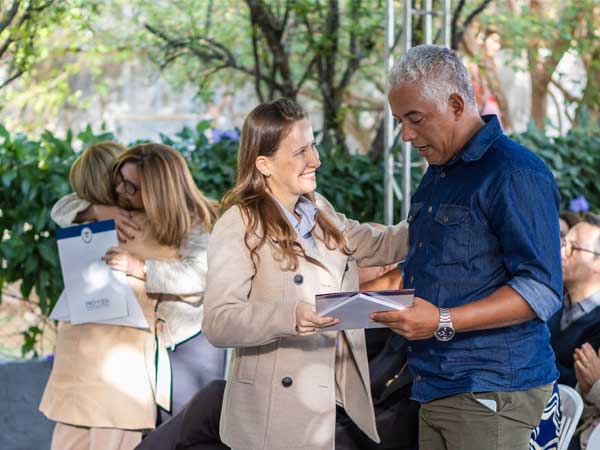Wheat, Bread, Labor
Wheat, Bread, Labor

Wheat is considered one of humanity’s first crops, as taught in history books. Around 8,000 years ago, prehistoric peoples went from being hunter-gatherers of seeds, roots, and wild herbs to become farmers. Later, they also started raising cattle and domestic animals.
After being planted and harvested, the wheat is separated from the chaff. The grain is then ground into flour which is then mixed with water and baked to make bread.
Strength, persistence, patience and skill are needed to grow wheat and make bread. The aroma and taste of bread evoke deep memories – this grain is part of human history.
Etymologically speaking, the word “work” originated from the Sanskrit word Labh which means “to direct one’s will”. The verb λαμβάνω (lambánō) in Greek means “to accomplish something”, while in physics work is defined as the force capable of putting a body in motion – it’s the energy applied to achieve an objective.

May 1st is celebrated as Labor Day in many nations. In our Movement, this date is marked by the annual assembly held by each of the Centers for the Tithe – PRÓ-VIDA, located in Argentina, Bolivia, Brazil, Chile, Italy, and Portugal, where each one of them presents the work carried out over the previous year.
The balance sheets show the results of the labor of many people who have already recognized a greater objective, and who, inspired by the example of goodness and love for others left by Dr. Celso, dedicate their energy to making it a reality.
Click here to learn more about PRÓ-VIDA’s social responsibility work.









